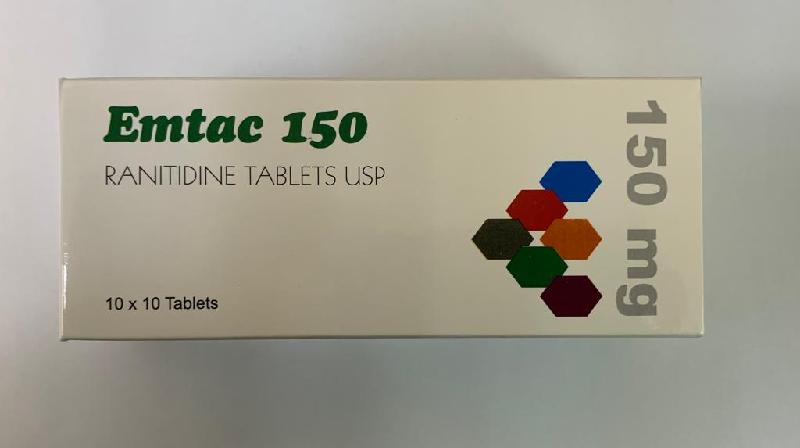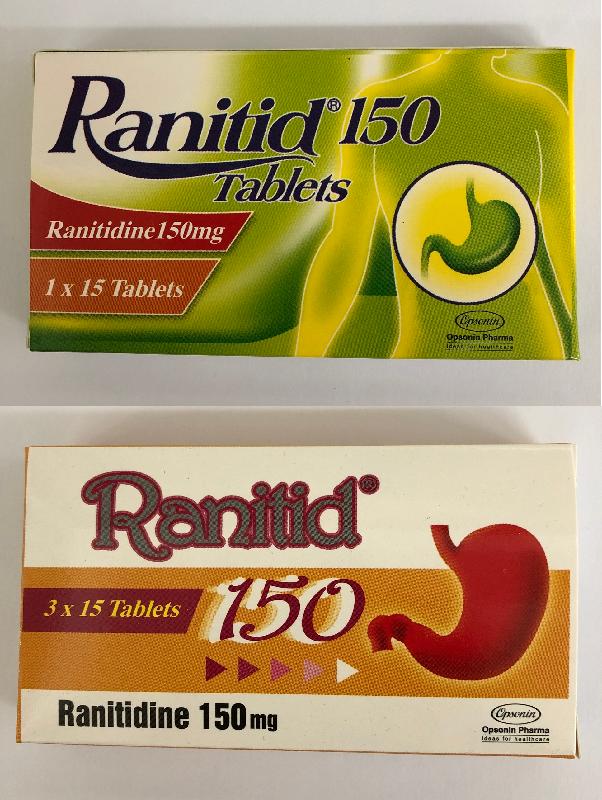Following is a question by the Hon Wu Chi-wai and a written reply by the Secretary for Security, Mr John Lee, in the Legislative Council today (November 27):
Question:
  The Police have stated that under sections 50(3) and (4) of the Police Force Ordinance (Cap 232), if police officers have reasonable doubts that someone may have committed a criminal offence in any public or private place, police officers have the power to enter the place concerned to make arrests. Section 50(3) of Cap 232 provides that "[i]f any police officer has reason to believe that any person to be arrested has entered into or is in any place the person residing in or in charge of such place shall on demand of that police officer allow him free ingress thereto and afford all reasonable facilities for search therein". Regarding law enforcement by police officers on private premises (including various types of subsidised sale housing), will the Government inform this Council:
(1) of the respective numbers of searches, conducted by police officers in each month since June this year under (a) sections 50(3) or (4) of Cap 232 and (b) search warrants issued by magistrates, involving entry into the following types of private premises: (i) shopping arcades, (ii) shops outside shopping arcades, (iii) common areas outside residential buildings in private housing estates (e.g. private roads and gardens), (iv) common areas of private residential buildings (e.g. lobbies and staircases), (v) private residential flats, and (vi) others (set out in the table below);
| Month |
The power under which police officers entered the premises concerned |
(i) |
(ii) |
(iii) |
(iv) |
(v) |
(vi) |
Total |
| |
(a) |
|
|
|
|
|
|
|
| |
(b) |
|
|
|
|
|
|
|
| … |
|
|
|
|
|
|
|
|
| |
Total |
|
|
|
|
|
|
|
(2) of the number of persons arrested in each month since June this year by police officers on private premises, with a breakdown by the six types of premises mentioned in (1) (set out in a table of the same format as the table above);
(3) as some members of the public are concerned that in recent months, some police officers, in the absence of any definite person(s) to be arrested, forced entry into private housing estates and shopping arcades, and conducted stop-and-searches on the residents and customers of shopping arcades in the form of fishing expedition, whether the Security Bureau and the Police Force have reviewed such mode of operation, and whether they have found cases in which police officers entered private premises to enforce the law without lawful authorisation under Cap 232; if they have found such cases, of the details;
(4) whether it is mandatory for police officers, when entering private premises under section 50(3) of Cap 232, to provide, either proactively or on request, information to "the person residing in or in charge of such place" as referred to in that subsection to prove that there is/are "person(s) to be arrested" on the premises; if so, of the details of the relevant information; if not, the reasons for that;
(5) of the number of occasions in each month since June this year on which police officers used weapons in the common areas in private housing estates (including various types of subsidised sale housing), with a breakdown of the quantities of the weapons used by name of estate and type of weapon (e.g. tear gas rounds, sponge rounds and bean bag rounds);
(6) whether section 50 of Cap 232 authorises the Police to carry out dispersal operations on private premises; if not, of the provisions in Cap 232 under which the Police may carry out such operations on private premises;
(7) of the pieces of legislation, apart from Cap 232, that authorise the Police to enforce the law and carry out dispersal operations by means of firing tear gas rounds, etc. on private premises; and
(8) of the details of the guidelines and notices issued by the Police since June this year to the property management sector on issues relating to the entry of police officers into private premises to carry out law enforcement actions?
Reply:
President,
  The Hong Kong law applies to all places in the territory and nowhere is above the law. Therefore, if anyone contravenes the law anywhere in Hong Kong, it is the statutory duty of the Police to take actions.
  Section 10 of the Police Force Ordinance (PFO) (Cap 232) stipulates that the duties of the police force include taking lawful measures for preserving the public safety, preventing and detecting crimes and offences, as well as preventing injury to life and property.
  Section 50(3) of PFO stipulates that if any police officer has reason to believe that any person to be arrested has entered into or is in any place, the person residing in or in charge of such place shall allow the police officer free ingress thereto and afford all reasonable facilities for search therein. Section 50(4) of PFO also stipulates that "it shall be lawful in any case for a person acting under a warrant and in any case in which a warrant may issue but cannot be obtained without affording the person to be arrested an opportunity of escape from a police officer, to enter such place and search therein".
  My reply to various parts of the question is as follows:
(1), (2) and (5) There have been ongoing protests and clashes in Hong Kong since June, with violent conflicts breaking out in various districts across the territory. Apart from illegally blocking roads and paralysing the traffic, a large number of protesters gathered in different shopping malls. Some rioters repeatedly committed serious illegal acts, wantonly vandalising shops in shopping malls by spraying paints or graffiti, trashing shops, setting fires and sabotaging facilities in shops, vandalising escalators, fire service equipment and closed circuit televisions, madly assaulting people with different views, etc. To stop the violence, the Police must take actions and deploy officers to the relevant shopping malls to apprehend rioters or disperse the gathering crowds and control the situation, with a view to restoring public safety and public order.
  Besides the violent incidents in shopping malls, some rioters also gathered outside private housing estates, engaging in illegal acts which breached the social peace, such as assaulting police officers by throwing hard objects at them. In light of these illegal acts, it was lawful, reasonable and necessary for the Police to make arrests.
  The Police have strict guidelines on the use of force.Police officers may use appropriate force only when it is necessary. Since early June this year, over 900 demonstrations, processions and public meetings took place in Hong Kong. As at November 9, the Police used around 7 000 tear gas rounds, 2 700 rubber bullets, 600 bean bag rounds and 790 sponge rounds in the relevant operations.
  As at November 14, the Police arrested 4 319 people. As for the other breakdown figures requested in the question, the Police do not maintain or are unable to disclose such lest it affects the Police’s operation.
(3), (6) and (7) Apart from PFO, section 17(2) of the Public Order Ordinance (Cap 245) also provides that any police officer of or above the rank of inspector may stop or disperse any gathering or procession whatsoever or wheresoever if he reasonably believes that the same is likely to cause or lead to a breach of the peace.
  In the judgment handed down by the High Court in the recent injunction order application relating to the Chinese University of Hong Kong, the court has affirmed the following two important principles:
(a) It should be noted that it is part of the obligations and duties of a police officer to take all steps which appear to the officer to be necessary for keeping the peace, for preventing crime, or for protecting property from criminal injury. The police has wide statutory duties and owes a duty to the public to enforce the law which he could be compelled to perform. (Note 1)
(b) At common law, where a police officer is off private premises, it would be within the officer’s duty to enter such premises to prevent a breach of the peace. (Note 2)
  Therefore, if a person is suspected to have committed a criminal offence or breached social peace in public or private premises, such as housing estates, shopping malls, Mass Transit Railway or schools, the Police have the power to enter into such premises to take appropriate actions to prevent a breach of social peace. This is not confined to arrest operations. We totally disagree with the biased allegation of "a fishing expedition" mentioned in the question. As always, the Police will by all means ensure that any operations conducted by them are appropriate, lawful and reasonable.
(4) When police officers tender a request to the person residing in or in charge of a place under section 50(3) of PFO for entering that place to make arrest, they will, where practicable and without prejudice to the arrest operation, provide information as appropriate.
  Nevertheless, the law does not require police officers to identify the specific person to be pursued and arrested before entry. In paragraph 10 of the judgment handed down by the High Court in the injunction order application relating to the Chinese University of Hong Kong, the court clearly affirmed that:
  "Contextually, it is contrary to common sense to require the police to identify the specific person to be arrested before entry, in the situation where the police actually witnessed the commission of the crime in question and immediately took steps to apprehend the person who he reasonably suspects of being guilty of the offence."
(8) Since June this year, the Police have released twice information on the Police’s access into premises for law enforcement to the security and property management industries. The relevant information is set out at Annex.
Note 1: §14 So Tsun Fung v CP [2019] HKCFI 2799
Note 2: §15 So Tsun Fung v CP [2019] HKCFI 2799

